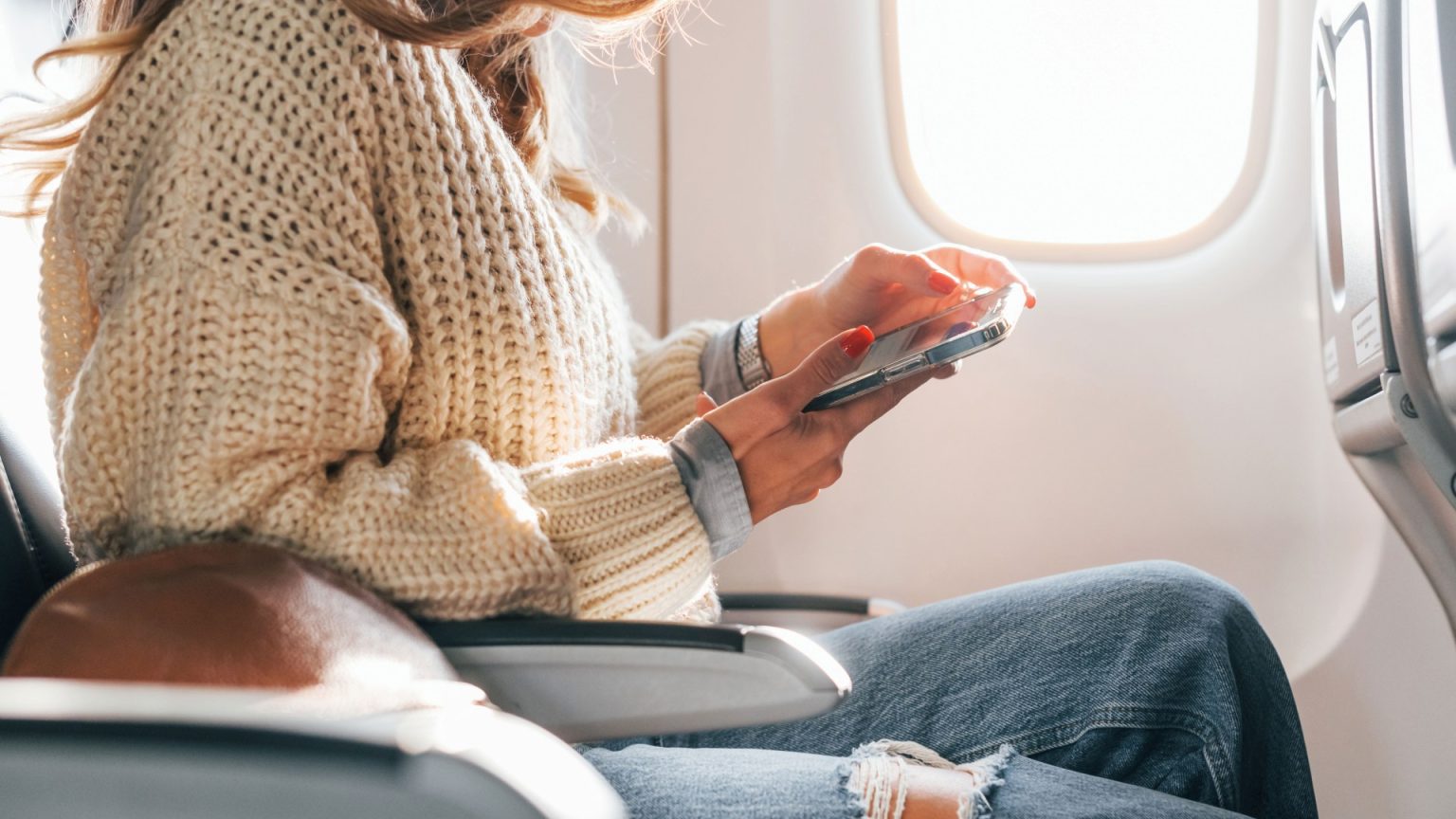The vulnerability of personal belongings, particularly mobile phones, during air travel has been highlighted by a recent investigation conducted by consumer watchdog Which?. The study revealed a concerning trend of lost electronic devices on flights and the subsequent difficulties passengers face in retrieving them. Which? surveyed its members, discovering that a significant number had experienced the misfortune of losing a phone or tablet while flying. Alarmingly, less than half of these individuals successfully recovered their devices.
To further investigate this issue, Which? conducted a controlled experiment, deliberately leaving iPhones on flights operated by four major airlines: British Airways, easyJet, Jet2, and Ryanair. These phones were equipped with the “Find My Phone” feature, allowing researchers to track their locations. While the phones left on British Airways and easyJet flights were not recovered, the devices left on Jet2 and Ryanair flights were returned, albeit with varying degrees of difficulty and associated costs.
The experiences with British Airways and easyJet proved particularly frustrating for the Which? investigators. In both instances, the airlines outsourced their lost property handling to third-party companies, making direct communication with the airlines challenging, if not impossible. The British Airways phone’s location, initially tracked near the plane, eventually moved to a residential address miles from the airport, raising suspicions of theft. Despite reporting the location to the police, the device was not retrieved. EasyJet’s handling of the situation was similarly disappointing, directing researchers to a baggage handler and a third-party website, without any positive outcome.
In contrast, the phones lost on Jet2 and Ryanair flights were eventually returned. However, retrieving the Jet2 phone required navigating through a third-party lost property office at Birmingham International Airport and incurring a fee. The Ryanair phone, surprisingly found in Italy after the flight landed in the UK, required a significant courier fee for its return. These cases highlight the inconsistency in lost property handling procedures and the added financial burden placed on passengers.
The investigation exposed several critical issues within the airline industry’s approach to lost property. The reliance on third-party companies creates a layer of complexity and hinders direct communication between passengers and the airlines. The lack of clear and efficient protocols for locating and returning lost items adds to passenger frustration and inconvenience. Furthermore, the imposition of fees for retrieving lost property, particularly when the loss is not the passenger’s fault, adds insult to injury.
Which?’s findings underscore the need for airlines to take greater responsibility for lost property on their flights. Improved communication channels, streamlined procedures, and a commitment to assisting passengers in retrieving their belongings are essential. Eliminating or reducing fees for returning lost items would also demonstrate goodwill and alleviate the financial burden on passengers. The current system, as highlighted by this investigation, is riddled with inefficiencies and places an undue burden on passengers who have already experienced the stress of losing a valuable item. Airlines must prioritize improving their lost property handling processes to provide a better customer experience and minimize the negative impact of such incidents. The ability to contact the airline directly and readily retrieve lost items should be a standard practice, not a frustrating and costly ordeal.


